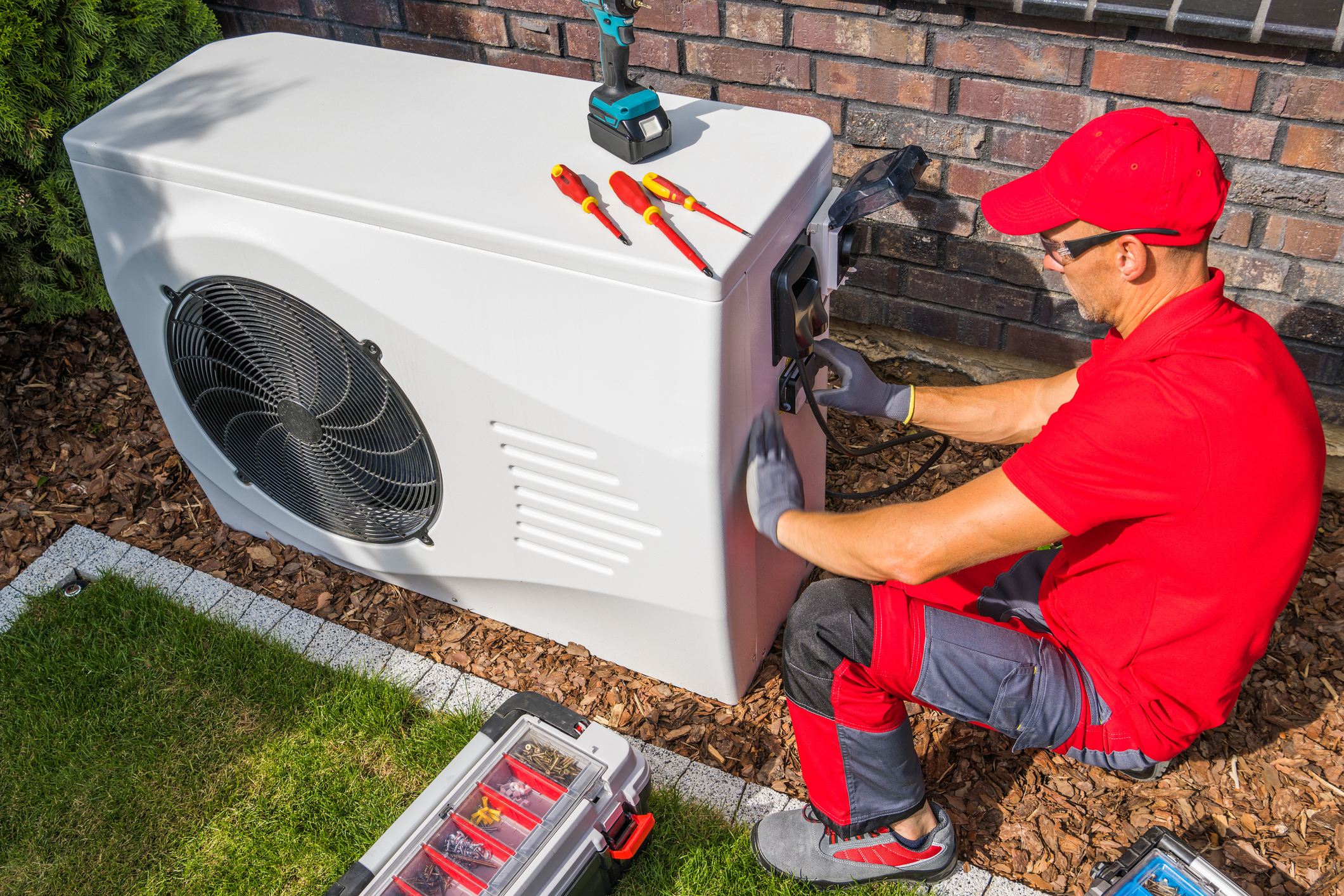Should I give my AC a break?
As temperatures rise and the summertime becomes more intense, air conditioning in homes has become a common source of relief. However, as responsible homeowners, it's essential to strike a balance between comfort and energy savings.
In this article, the certified HVAC team at ClimateAir will look at the advantages and disadvantages of constantly using your air conditioning system throughout the day, so you can have a better idea of how to maximize your indoor comfort without increasing your monthly energy costs. As such, if you want to learn more about whether you should give your home's air conditioner unit a break during peak summer hours, keep reading!
How long should you let an AC rest?
Allowing your air conditioner to rest is an excellent way to extend its life and ensure it operates efficiently throughout the years. Air conditioners, like homeowners, require rest in order to recover and perform optimally. That said, the length of time you should let your air conditioner rest is primarily determined by its usage and external variables.
Giving your air conditioner a 15 to 30-minute break every 2 to 3 hours of uninterrupted functioning can be beneficial. The system can cool down, and its parts can rest during this time, reducing the stress on the unit. If the outside temperature is mild or if you can get by with a breeze, think about switching off the air conditioner for more extended periods of time, such as in the cooler mornings or evenings.
Furthermore, if you're going to be gone for an extended period of time, it's a good idea to give your air conditioner a rest by turning it off completely or setting it to a higher temperature. Ultimately, allowing your air conditioner to rest not only saves energy but also helps you avoid unneeded wear and tear, which could save you money on expensive repairs or replacements down the road.
Is it OK for my air conditioner to run continuously?
Although operating your cooling system continuously is not the most efficient method, there are times when it is acceptable, depending on the circumstances.
As the system operates continuously to cool the space even when it is not necessary, continuous AC operation may result in greater energy use and more expensive utility bills. Furthermore, the constant strain on the AC's components may necessitate greater amounts of maintenance and repairs, reducing the service life of your cooling system.
Furthermore, running the air conditioner continuously can cause discomfort for you and your family because the interior temperature can become overly cold. The air conditioner also helps to dehumidify the air, and continuous operation with no breaks may not give the system sufficient opportunity to remove excess humidity, resulting in a clammy or damp environment inside.
However, there are some circumstances in which running the air conditioner constantly may be justified. In areas experiencing extreme heat waves, it may be required to keep the air conditioner running around the clock to keep the atmosphere inside at a safe and comfortable temperature. Individuals with particular medical conditions, at the same time, may also require a regularly cool interior for their overall health.
A thermostat with programmable settings is recommended for striking a balance between comfort and energy conservation. Set the thermostat to turn off the air conditioning or slightly raise the temperature when the space is empty or during cooler times of the day. This way, you can maximize your air conditioner's usage, saving energy while maintaining a comfortable indoor environment while keeping your wallet and the environment in mind.
Is it better to run AC continuously or in intervals?
Both continuous and sporadic operation of your air conditioner has advantages and disadvantages, and the best option is determined by numerous factors. For example, continuous operation guarantees consistent comfort and effective humidity control, making it perfect for people with allergies. It also lessens the deterioration caused by frequent cycling.
Running the AC at regular intervals, on the other hand, can save energy and lower utility bills. Using a thermostat in your home that can be programmed to turn off the air conditioner when the space is empty or at cooler times of day can be both cost-effective and advantageous to the environment.
Think about your comfort needs, weather conditions, and energy-saving goals when choosing whether to operate your air conditioning system in intervals or continuously. The nonstop operation may be required in extreme heat or for health reasons. However, irregular operation may be appropriate in milder weather or when the space is unoccupied.
Finally, it is critical to monitor your indoor environment and adjust the AC settings as needed. Maintenance on a regular basis and proper insulation will also help you have a more efficient and comfortable cooling experience while reducing your environmental impact.
Is it bad to Turn the AC on and off frequently?
Short cycling, or frequent on-and-off cycling, can have an adverse impact on the operation of your air conditioner and energy efficiency over time. It puts strain on the mechanical parts, which will ultimately end up reducing its lifespan. Furthermore, frequent restarts consume more energy, lowering overall efficiency and raising utility bills. Inconsistent cooling can also be caused by not having enough time to attain the desired temperature.
Instead, consider using a programmable thermostat to set the indoor temperature to something that is comfortable for you. You should also make sure your air conditioner unit is the right size for your home, as oversized systems can cause more frequent cycling. Furthermore, ongoing upkeep keeps the air conditioner running smoothly and reduces the likelihood of problems.
Do you need help with operating your home’s air conditioning system correctly? If the answer is yes, make sure to reach out to the team at ClimateAir today! Our home comfort advisors and certified HVAC technicians would be more than happy to answer any of your questions or concerns at any time! We look forward to hearing from you!



